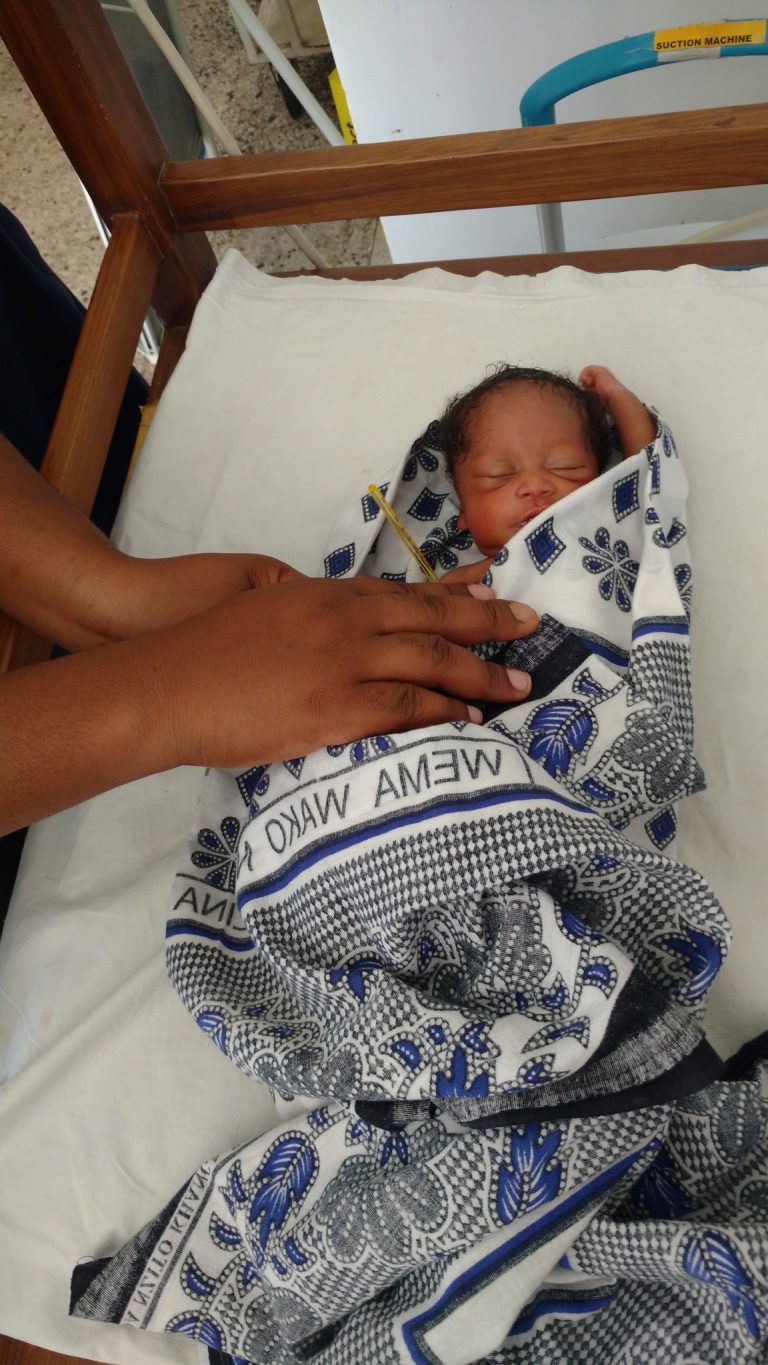An international research team of experts led by the Institute of Tropical Medicine in Antwerp Belgium is documenting and understanding how the COVID-19 outbreak is affecting the care provided to women and their newborns, as well as the impact on health professionals who provide these services. The survey is available in several languages.
The current COVID-19 outbreak is overwhelming health care systems across the globe as the rapidly progressing disease requires an immediate response. In previous outbreaks, such indirect burden was much greater than the morbidity and mortality related to the disease itself. Experiences show that the limited access to essential health services because of strict prevention measures has led to more deaths than the epidemic itself.
During the Ebola virus disease outbreak, the use of health facilities for childbirth and routine antenatal visits declined, family planning and safe abortion services were disrupted, and vaccination coverage decreased. In the ongoing COVID-19 pandemic, much remains unknown about the provision and quality of essential services provided during pregnancy, childbirth and the postnatal period. Are women unable to access health facilities because of the ban on public transport? What types of services are being prioritized during the lockdown and amidst shortages of supplies and staff? What measures are being taken to prevent the disruption in the continuity of maternal and newborn care?
“I am concerned about disruption of services for women and children, including delivering of family planning commodities and logistics” Survey participant.
Responding to infectious disease outbreaks often entails additional physical and psychological stress on health care providers. The long working hours, reduced number of skilled workers, shortages of personal protective equipment, and social isolation could all lead to burnout among maternal and newborn health care providers. Additionally, the lack of coordination between guidelines at the global and national levels might aggravate the challenges.
“ [ …] guidelines are rapidly changing and some advice may become outdated or be proven dangerous. Mechanisms to share updates must be clear and dissemination rapid and broad.”
By studying the numerous challenges as well as the success stories in the provision of care for women and their newborns, we hope to deepen our understanding of the emergency response and improve the preparedness of health care systems.

This global study includes an online survey targeting a range of maternal and newborn health professionals, such as midwives, doctors (of various specializations), nurses, other clinical staff, and community health workers/breastfeeding counsellors. The first round of the survey was launched on March 23, 2020 with 3 languages that were progressively updated to reach 9 (English, French, Arabic, Italian, Spanish, Portuguese, Dutch, German and Japanese), and we foresee the inclusion of other languages (Russian, Swahili, Mandarin, Bengali) shortly. To date we have received submissions from more than 700 health professionals in 75 countries that are at various phases of the pandemic. Data collection rounds will be repeated to observe changes across time and various contexts as this outbreak develops. The online survey will be complemented by individual semi-structured interviews with selected health care providers to better understand their perspectives and lived experiences, and to develop in-depth country-level case studies.
Are you a health professional working with women and their newborns? We invite you to complete the survey and share your experiences. Your contribution to this research will help us draw the necessary lessons from this outbreak to ensure the continuity of essential services to women and their babies in future outbreaks. We hope that by participating in this research your voice will be heard and your efforts will be better understood and acknowledged.
For more information contact mnh.covid19@gmail.com or the study principal investigator Dr Lenka Benova, lbenova@itg.be. The team plans to rapidly analyze and disseminate the key themes and challenges the respondents mention – keep updated by following @SRHgroup_ITM and @lenkabenova on Twitter.
